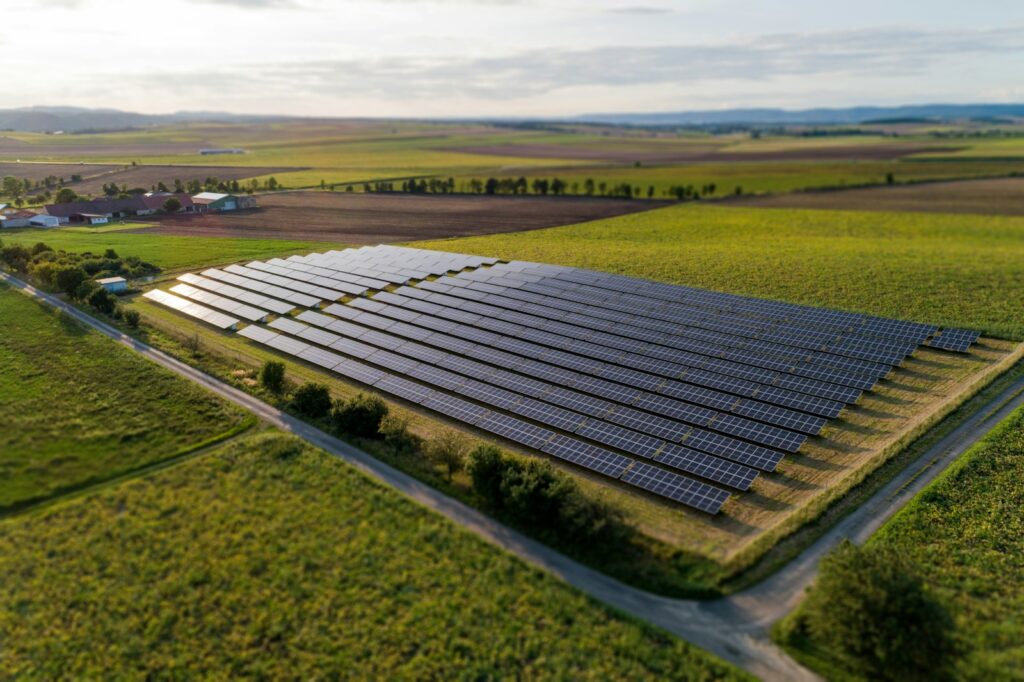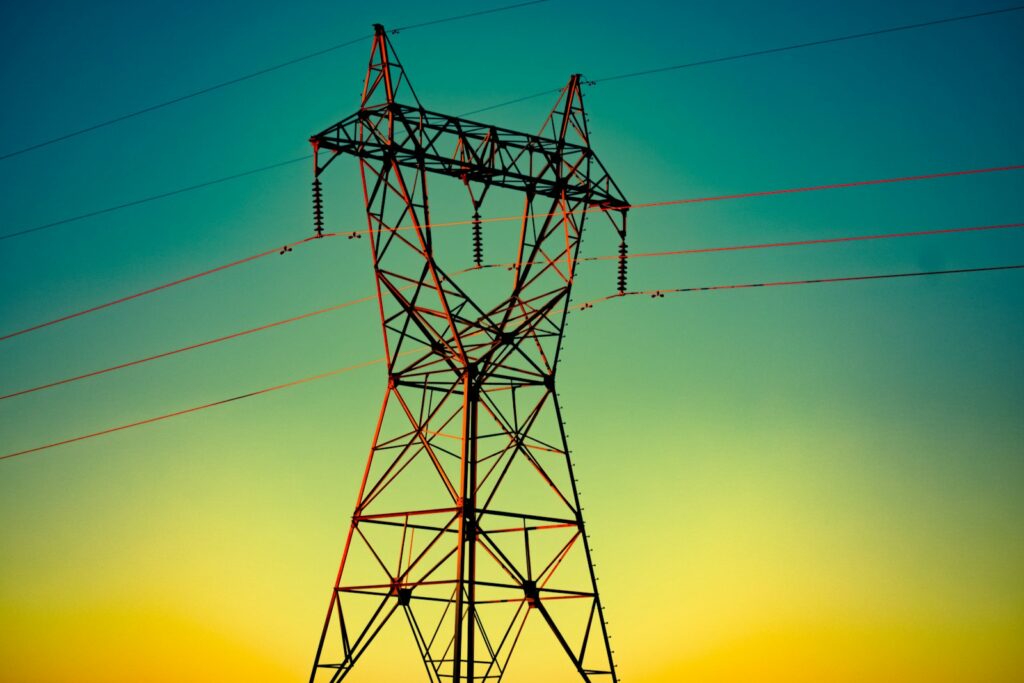The use of fossil fuels across the European Union continues to decline due in part to increased consumption of renewable energy sources like wind, solar and biomass, according to a report by the European Environment Agency (EEA).
The report, which assesses progress on the use of renewables, found that clean energy technologies are an important driving force in reducing greenhouse gas emissions and in creating employment in Europe.
Renewable energy in Europe 2016: recent growth and knock-on effects shows that clean and renewable energy sources are being widely embraced.
The EU-wide share of renewable energy has increased from 14.3% in 2012 to 15% in 2013. Based on preliminary data for 2014, the EEA had estimated further growth in the share of renewable energy at 15.2%. This upward trend was recently confirmed by Eurostat (16%) showing growth which was even stronger than anticipated.
The additional consumption of renewable energy, compared to the level of consumption in 2005, has allowed the EU to cut its demand for fossil fuels by 110 million tonnes of oil equivalent in 2013. This is equivalent to a gross reduction of carbon dioxide emissions of 362 million tonnes in 2013.
The data shows that renewable energy sources are playing a key part in Europe’s energy transition and are complementing climate change mitigation policies while improving Europe’s overall energy security.
Europe is playing a leading role in developing clean energy sources. Throughout 2005-2014, Europe had the highest shares of global new investments in renewable energy technologies, being surpassed by China only in 2013. The EU is also one of the key players with regard to employment in the renewable energy sector.
As renewables growth is picking up also in other parts of the world, the EU needs to sustain and increase its efforts to support and develop renewable energy sources in order to maintain its competitive advantage. However, certain forms of renewable energy can impact health and the environment such as traditional use of biomass or large infrastructure projects such as hydroelectricity.
Other findings:
- Coal was the fuel most substituted by renewables across Europe in 2013 and in 2014, (roughly 45% of all avoided fossil fuels) followed by natural gas (roughly 29% of all avoided fossil fuels)
- The uptake of renewable energy sources vary widely among EU member states, ranging from more than 30% of gross final energy consumption in Sweden (52.1%), Latvia (37.1%) and Finland (36.8%) in 2013, to less than 5% in Luxembourg (3.6%), Malta (3.8%) and the Netherlands (4.5%)
- As a result of national growth in the consumption of renewable energy since 2005, Germany, Italy and Spain achieved the largest reduction in domestic fossil fuel use and gross avoided greenhouse gas emissions in 2013
- The EU contributes significantly to the global roll-out of modern renewable energy technologies. In 2014, the EU had the largest installed and connected solar photovoltaic (PV) and wind power capacities in the world. Since 2005, Europe has led the way in funding the development of renewable energy sources, with its share of investments in renewable energy fluctuating between 40-50% until 2011
- Public funding in research and development of new renewable energy sources has increased between 2005 and 2013 but at a slower pace than before, posing a risk of missing the break-through technologies of tomorrow. The International Energy Agency has recommended the tripling of current public research and development spending on clean-energy innovation.
















